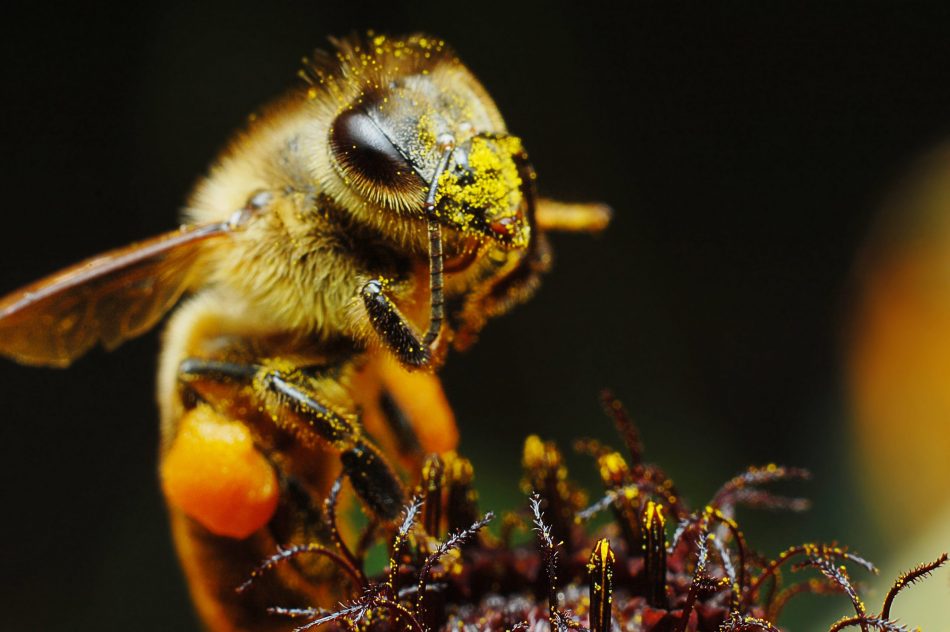
What is the difference between poisonous and venomous snakes?
Snakes are often associated with danger due to their sharp fangs and potentially lethal bite. Often when somebody sees any snake at all they jump for fear that it could be lethal. However, there isn't always a need for fear, as many snakes are just venomous and not poisonous. What does poisonous Read More...

Sigh of relief: UK will not use bee-harming pesticide after all
Earlier this year, the British government reversed a ban on a bee-harming pesticide called neonicotinoid in order to kill off virus-transmitted aphids that threatened the UK’s sugar beet fields. Environmentalists were obviously not pleased with the reversal of the ban as the government had broken Read More...

Cooking tip: How to remove toxins from rice but keep the nutrients
Rice is nice, but the problem with this widely-consumed food is that it’s very high in arsenic compared to most other foods. In fact, rice absorbs nearly 10 times as much toxic inorganic arsenic as other cereal crops. That’s because rice is grown in flooded rice fields, making it easy for the Read More...

Tiny Pacific island nation bans harmful toxins in sunscreens
For some time already, scientific evidence has shown that the chemicals found in most sunscreens are toxic to corals, even in extremely tiny doses. Particularly, the ingredients have a negative impact on the juvenile development of most coral and many fish and algae species. Instead of waiting Read More...

Small can be healthy
Toxins like radon and even DDT may have beneficial effects at very low doses. Ursula Sautter | May 2008 issue A glass of red wine after dinner a couple of times a week can help prevent heart disease; a nightly magnum of the stuff will corrode your liver. This is pretty much accepted wisdom. But Read More...

The subtleties of sage
Alex Lin is fixing old computers - and the planet. | April 2008 issue Alex Lin, a 14-year-old living in Westerly, Rhode Island, is like most kids today. He plays sports, hangs out with friends and worries about the future of the Earth. But unlike most teenagers—or people of any age—he’s Read More...


